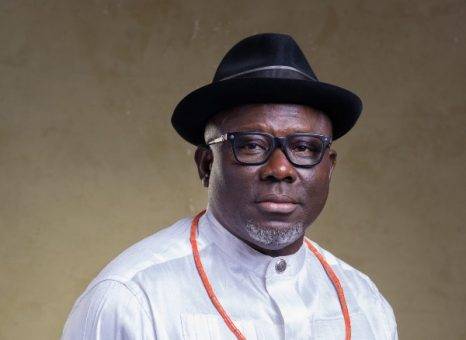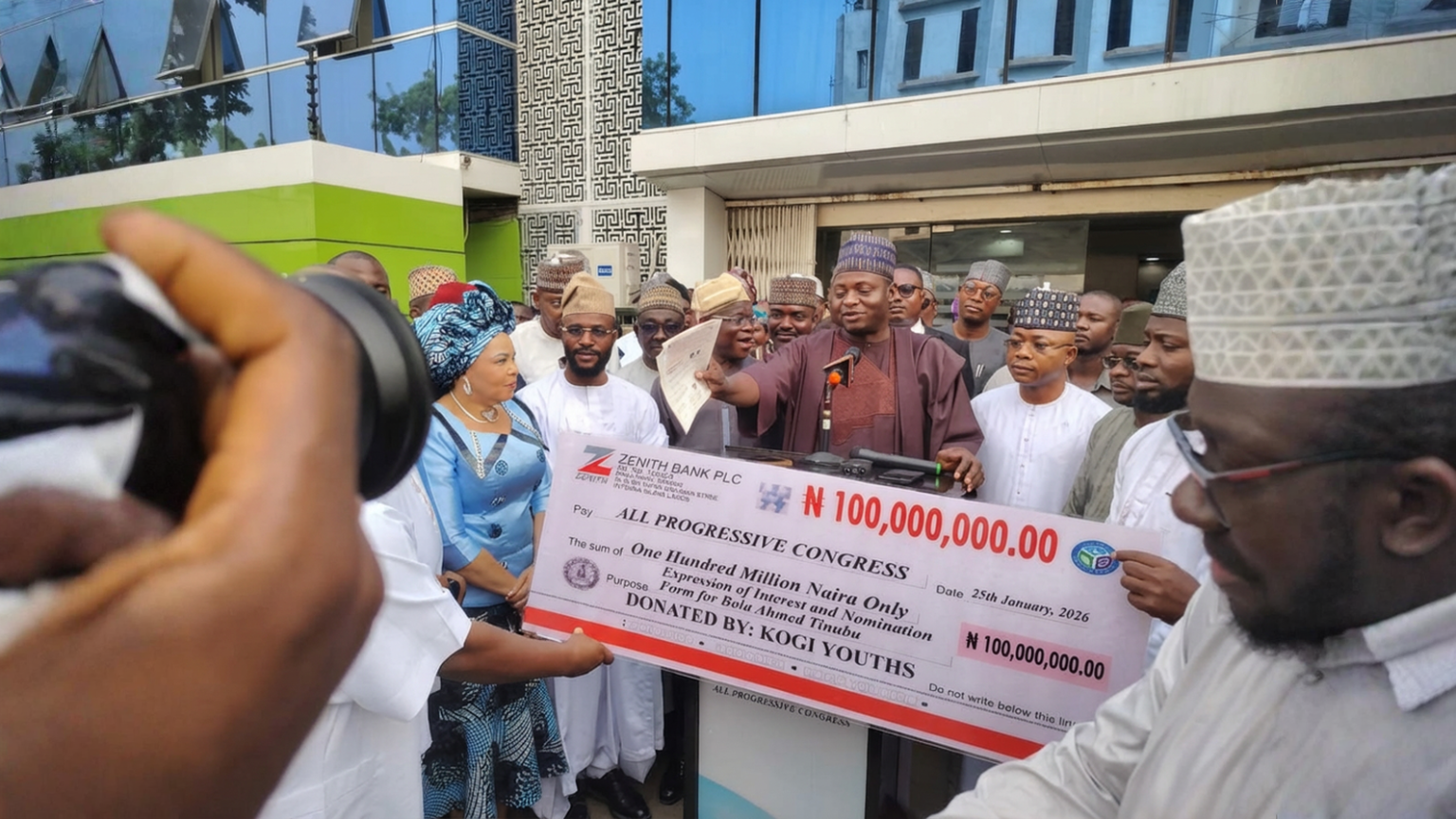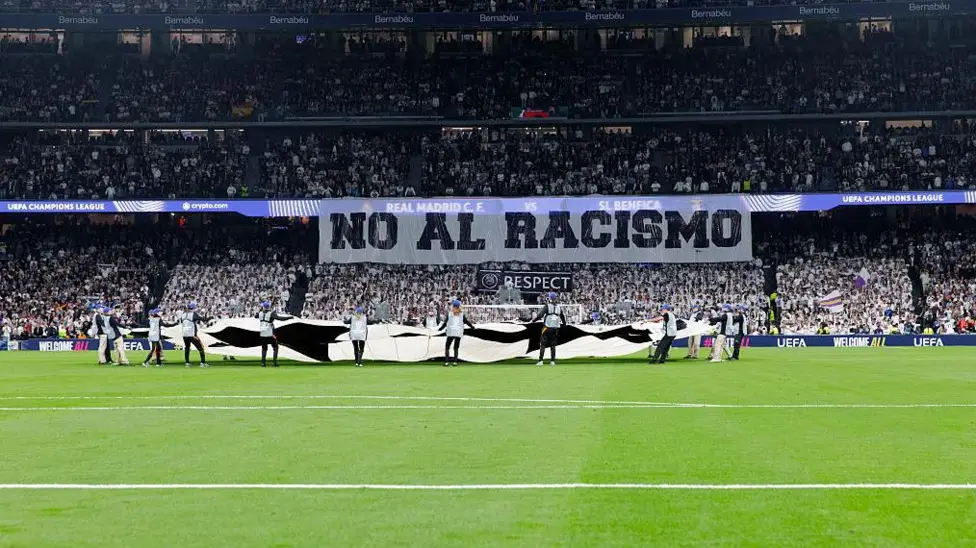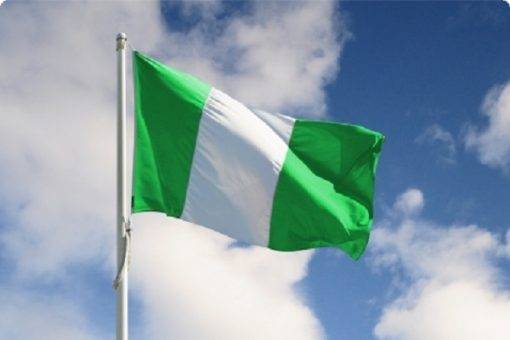In my schoolboy days, we called it Wafi or oil-booming city, and the residents called themselves Wafarians. The word Wafarian vacated the lips with imperious bluster. Wafarians knew their city bested the rest. Warri no dey carry last.
But today, Warri is a city stumbling for rhyme and rhythm after going belly up about two decades ago. We say Wafarian with a kind of humiliated ache, a wounded vanity, a pride that laughs at us.
The governor vowed from his first day in office to be its Sheriff of rebirth. Just as he has been working in the past two years, the same animal impulse that ruined Warri has returned. They are not back as Wafarians but in their ethnic tents as warlords and agitators. Their rhetorics carry blood and dagger. They are fulminating in their accents. We hear them on the streets and they bicker on television. Online, it is a swarm. They drip hate and tease the battlefield.
It is triggered by INEC and its new delineation of constituencies. Such matters often lead to offences and blowback. But threats of war and words of hate are not the way to go. Hence the governor, Sheriff Oborevwori, looked them in the eye and told them he did not want blood on his watch. He does not want Warri back to the days when the Ijaws and Itsekiris chose gore over love, and the streets sloshed with their neighbour’s tears.
But this is a three-pronged fight. The Itsekiri cry foul. The Urhobo say no. The Ijaws say nay. Some of those in the centre of these are either politicians or their hirelings. They are the fellows who want to benefit, and they are deploying their troops either to the streets or online. When they are not doing that, they are on television or in the shadows plotting.
Times like this call for sobriety, not recriminations. It is not a time to revise history, to invoke atavistic grievances, to stress racial differences. As Winston Churchill says, it is better to “meet jaw to jaw than war.” Some have taken poetic licence as if he said, “it is better to jaw jaw than to war war.”
Some of those on the streets and television were actually little babies or toddlers when Warri raged over 20 years ago. They are feeding on received hatred, and they speak with tendentious authority. Rather than seek those things that bring people together, they are speaking for effect. Some are drawing parallels with the Israel and Palestine, and they are playing victims to whip up passions. It is what is called danse macabre, or dance of death in Western mythology in the medieval times to remind humans of the vanity of human glory.
They ought to go back to history, and see what happened in those days between the Itsekiris and the Ijaws. It was no play. If you were Ijaw and the Itsekiris targeted you, you were toast with your families. It was the same when the Itsekiris were targets. In either case, unhallowed human bones piled up. So, those who have lined up in furtive meetings and on televisions to whip up passions should stop it. They sometimes are witty at the expense of commonsense.
Former President of the Nigerian Football Federation (NFF) has released a short video to tell the story of Warri. Amaju Pinnick, who is also a former commissioner for sports in the state, reminds the residents what Warri was in its high noon. The documentary titled: Our Warri, reminds all that it was not just the body counts, separated families, or the dilapidated buildings that bloodied that era, but its way of life.
It was not called oil booming city for nothing. The oil mainstays had their homes there. Shell, Haliburton, Texaco, AGIP, Schlumberger, Chevron. Their workers prided themselves as oil people, especially as the Warri Refinery underwrote the prosperity. With the oil wealth as guarantor, we witnessed a lifestyle distinctively Warri. We had businesses like Kingsway, BATA, John Holt, Chelarams, Leventis, Peugeot and even Bata.
It was a complete modern city. with its commerce in gear, its social life and infrastructure were primed. An anecdote was about how market sellers distinguished the wives of oil staff members from others. Their dressings, strut and looks gave them away and the sellers had special prices for them.
The atmosphere bred names of money and business like Odibo, Okumagba, Edewor, Pessu, Rewane, Fregene, Pinnick, Eselemo, and so on. Each tribe had their own sign and scion.
I recall Warri, as the Pinnick documentary lists, some of the great sports men of the time. The footballers, especially. Those who were alive then cannot forget goal keeping maestro Alabi Essien, goal-devouring Thompson Usiyen, Martin Owolo the elegant defender, and the swaggering shoulders and deft feet of outside left Josy Dombraye. Of course, captain Dediare and charismatic Wilson Oruma. Other sports had Anthony Urhobo, Florence Omagbemi, et al. Shall we forget cultural figures like Tony Gray, Mike Okri and debonair Chris Okotie, Omatsola, Ogholi and many others.
The terrible thing about this hour is the inevitable interconnectedness of the tribes. Hardly any Urhobo without relatives in Ijaw or Itsekiri and that is the case with all the tribes, including those parading themselves as torches of antediluvian violence.
My father was Itsekiri and my mother Urhobo, and a fight between any of the groups is like a soul fighting itself. It brings to mind the line from Nobel Prize winning poet, Derek Walcott, “You will love again the stranger who was yourself.”
The Olu of Warri, Ogiame Atuwatse III, has been one of those personages meeting stakeholders for peace. His majesty cannot allow his domain to regress to atavistic carnage. He knows that what is happening is like people fighting over a carcass that has begun to regenerate in limbs and blood flow. That momentum must continue.
What happened about two decades ago was a carnage. If we have it again, it will be a Warri apocalypse. God forbid. That, however, is the reality that Beirut, the big city of Lebanon, is coming to grips with. It embodied a panoply of some of the world’s big corporations, and sat over a wealth and a culture envied by all in the Middle East. Today, it is a shadow of itself. Most of the companies have moved to the United Arab Emirates. That is what anger can bring to a place. Like Warri, Beirut was a metropolitan hub of diverse peoples. Hate overtook harmony, and the city is on its knees.
Governor Oborevwori has set up a peace committee. My advice is that we should heed the advice of Paul in the scriptures: “All things are lawful but all things are not expedient.” You can be right, but it does not mean you are righteous.
The governor is rebuilding from a ruin, and those growling for blood over Warri are akin to a cackle of hyenas over a carcass. Those bearing torches of hate should go back to a state of peace in their hearts. They should react to instigators with the words of Goethe in his famous play, Faust. “The likes of thee have never moved my hate.”














